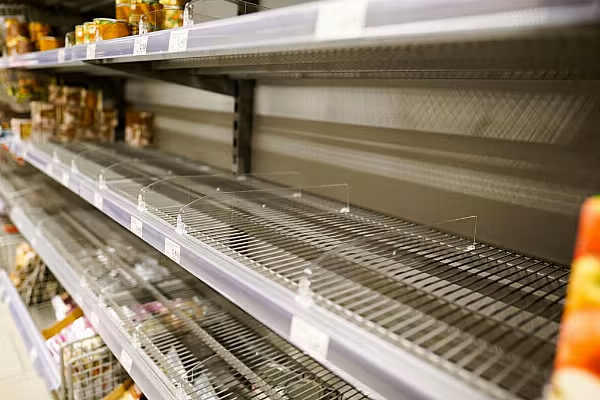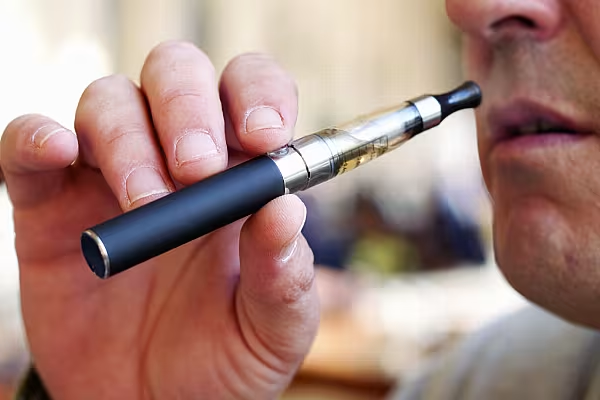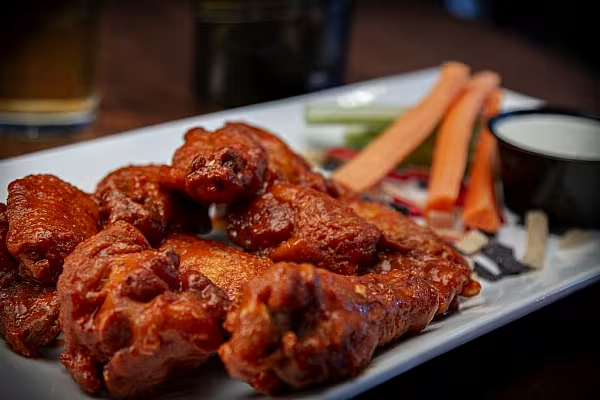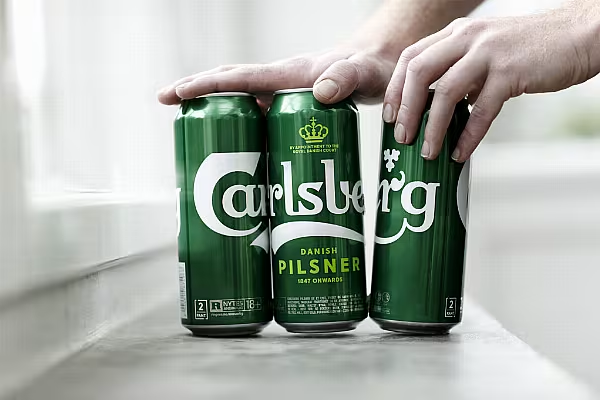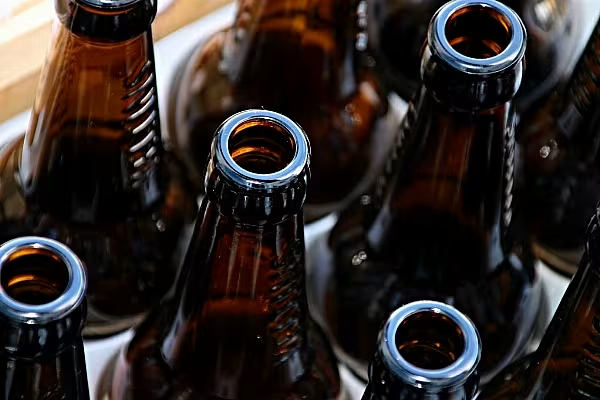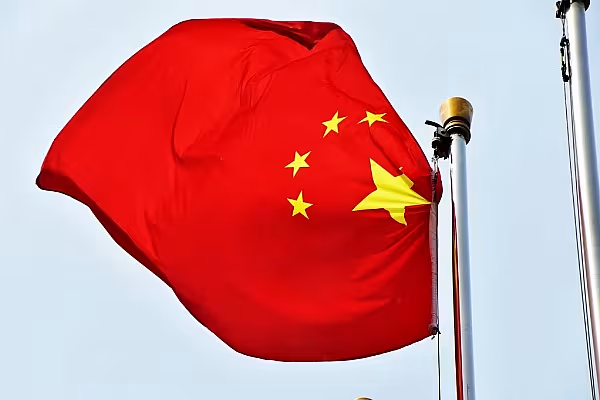Malachy O'Connor, retail consultant with International Private Label Consult (IPLC), looks at what European operators can learn from how Italian retailers have responded to the COVID-19 crisis.
At the time of writing, it is 12 weeks since the first cases of COVID-19 in China and seven weeks since Italy’s first cases were noted. Since then, the virus has spread globally with over 300,000 confirmed cases and over 13,000 deaths.
With no natural immunity and no vaccine, the world’s governments have focused on non-medical mitigations based on increased personal hygiene, restricted freedom of movement and social distancing to reduce the speed of spread and prevent health care systems from crumbling.
Food Insecurity
As these strategies have been deployed, countries have witnessed a profound impact on their national psyche. The most obvious impact is the fear that food and basic supplies will become unavailable. This has led to several phases of increased food sales in retail stores:
1. Stocking up (when the first coronavirus cases are confirmed)
2. Panic buying (when the first stage of Government led restrictions are announced)
3. Sustained increase (out of home consumption switches to in-home as restaurants close)
The 'panic buying' phase has been heavily challenged by retailers who have reassured consumers that there is no shortage of food and basic essentials in the supply chain.
In this early phase, it is logical to point out that much of the food we are eating right now was harvested last year (grains, potatoes etc) and is in storage or is produced every day e.g. dairy comes from cows that are milked twice daily.
Retailers have done trojan work to re-stock the shelves and build consumer confidence that there is plenty to go around, if shoppers buy the normal amounts.
Shared Learnings
These periods of sustained panic buying have put some pressure on the supply chain and both retailers and manufacturers have learned much in the last few weeks, especially in Italy, where the outbreak is two to four weeks ahead of some other territories.
Based on this, at IPLC (International Private Label Consult), we decide that we could harness the experience of our Italian brothers, Paolo and Stefano, to help inform the other countries what is happening and what they could do to prepare for what is likely coming toward them.
Paolo Palomba (Partner, IPLC Italy) prepared a presentation of learnings and this was shared with the members of the IPLC ‘Private Label Group’ supplier forums, which exist in nine countries across Europe. This was done as a live and interactive video-seminar on Friday 20th March, where participants had the opportunity to ask questions and share learnings peer to peer.
In-Store
- Supermarkets and drugstores remain open for business but with restrictions on the number of shoppers allowed in-store (based on one person per 3-4 square metres) and the ‘essential’ nature of the products sold.
- Additional distancing measures in place with ‘chevrons’ on the floor to remind customers to keep distance from each other and from staff. Staff are required to enforce these rules.
- Plexi-glass till fixtures with staff wearing masks and gloves are common.
- Supermarkets are starting to provide trolley sanitising and hand-washing facilities.
- Some stores are extending opening hours to allow for dilution of shopper numbers at any one time. However, businesses need to consider staff fatigue and cleaning requirements.
- Therefore, some stores are looking to reduce opening hours or close on certain days.
Stores are not proceeding with promotional activity or price activity, so uplifts are not created unnecessarily.
Online
- Esselunga are offering free deliveries to over-65’s
- Carrefour are only delivering to over-65’s
- One delivery per family per week
- W/e 8th March saw online sales +82% YOY
- Esselunga now have a two-week wait time on deliveries
- This phenomenon has been mirrored in most countries across Europe.
Industry Leadership
- Eurospin (Italian discounter) is giving all frontline retail staff a €100 bonus ‘thank you’ and emergency insurance for any staff contracting COVID-19 sickness that requires hospitalisation.
- Retailers are starting to invest in media ads to thank their own staff for their service and thank medical staff for their massive efforts.
- Both retailers and manufacturers also making significant monetary donations to hospitals.
Sales Impact
- Italian market was growing at +1% before the outbreak
- Sales in retail are currently up by around 11% (Nielsen) but suppliers feel this is understated. Core retail product sales are up anything between 10% and 400% depending on the category and product.
- Initial uplift was in the northern outbreak region, but this has moved south
Three Key Drivers Of Sales Growth
- Irrational panic buying and hoarding
- Purchase of healthcare and supplement products
- Transfer of ‘out of home’ to ‘in-home’ eating (37% of Italian consumption was OOH)
Channel Differences
- If it looked like some discounters were not coping with the panic buying, its likely because they only stock the highest volume sellers. As a result, they will have more obvious empty shelves during this panic buying phase. Arguably, they have the most efficient supply chains and can absorb a sustained 15% uplift quite easily.
- The mainstream multiples will struggle to cope with online orders but are likely looking to suppliers to provide additional short-term capacity through their vans (for direct to store deliveries AND as sub-contracted grocery home delivery agents).
- Convenience operators have a proximity advantage and will see sales uplifts similar to those seen during extreme weather events when consumers restrict their movement and shoppers stay local.
Consequences For European Food & Drink Businesses
- Expect to see similar, more stringent controls on freedom of movement implemented across Europe (if not already). New announcements may lead to additional phases of panic buying.
- Expect sustained shift from food service to food-retail resulting in a rough 10% to 15% uplift in retail sales and almost total decline of out of home consumption.
- HoReCa trade is decimated and this impacts suppliers who are heavily exposed in this channel. Suppliers of HoReCa products in export markets should watch closely to see if similar lockdowns come in export markets.
- With mass job losses, the medium term reaction will be similar to the recession: Shoppers will switch to private label to save money, more scratch cooking and home-baking (saves money & uses up free time as an ‘activity’ for stir-crazy kids and parents).
- For now, shoppers will buy whatever is on-shelf, retailers don’t actively care if this is PL or brand.
- New opportunities will emerge as consumers and retailers will demand additional certification around hygiene standards, sanitising etc whilst consumers switch away from un-packaged goods. Some retailers will seek NPD and new listings to cover their gaps on shelf.
- Raw material shortages and supply interruptions are a concern as the crisis develops. Some products from China were completely unavailable due to factory and port closures. European sourced items may have supply interruptions due to lack of clarity on movement of goods across borders. Some locally sourced items were unavailable due to factory closures in the worst affected regions of northern Italy. Packaging and specific components for Detergent Sprays (triggers etc) are in extreme short supply and may not see availability for another six weeks.
- Other shortages include PPE items such as surgical face masks etc.
- Food businesses will need to introduce additional hygiene and sanitising measures: rotas for hand hygiene, rotas for disinfecting frequent contact surfaces etc. Crucially, smart businesses will do well to consider how this is communicated to customers and end-users to try allay fears.
Immediate Actions for Business
Employers will need to introduce testing and isolation procedures. Staff temperature checking will become widespread. If a team member becomes sick, then the whole immediate team will likely end up isolated. Here are some mitigations for employers to improve business continuity:
- Introduce time separation e.g. one-hour gap between day and evening shifts to ring-fence shift groups and limit any sickness to a specific group
- Staggered break times
- If staff member feels even slightly unwell advise self-isolation – 'if in doubt, sit it out
- Upweight training on correct use of PPE and hand hygiene
- Concentrate on producing the top selling SKUs and agree this in advance with retailers
- Consider training non-production staff to fulfil production and distribution roles and fill gaps when staff are sick or isolating.
- Start recruiting unemployed food service industry staff now. They will likely be basic food hygiene trained and can act as a reserve for when your regular staff absenteeism increases in the coming weeks due to sickness, fatigue or fear of infection. This approach is being taken in US, UK and Ireland industries despite the challenge of training staff whilst a business is coping with intensive production levels. The conclusion is that for non-Italian countries, where there is an opportunity to prepare, they should do so. If like Italy, your country is in the midst of the surge infection phase, then retraining will be difficult.
- Consider a staff bonus to encourage people to work and say thanks for the additional shifts and workload etc.
Conclusion
The team at IPLC is committed to sharing our learnings from all markets across Europe. We are driven by a sense of collaboration and camaraderie in these challenging times and we remain available to facilitate further information sharing and webinars in the coming weeks.
For more information, visit www.iplc-europe.com.
© 2020 European Supermarket Magazine – your source for the latest retail news. Article by Malachy O'Connor. Click subscribe to sign up to ESM: European Supermarket Magazine.
